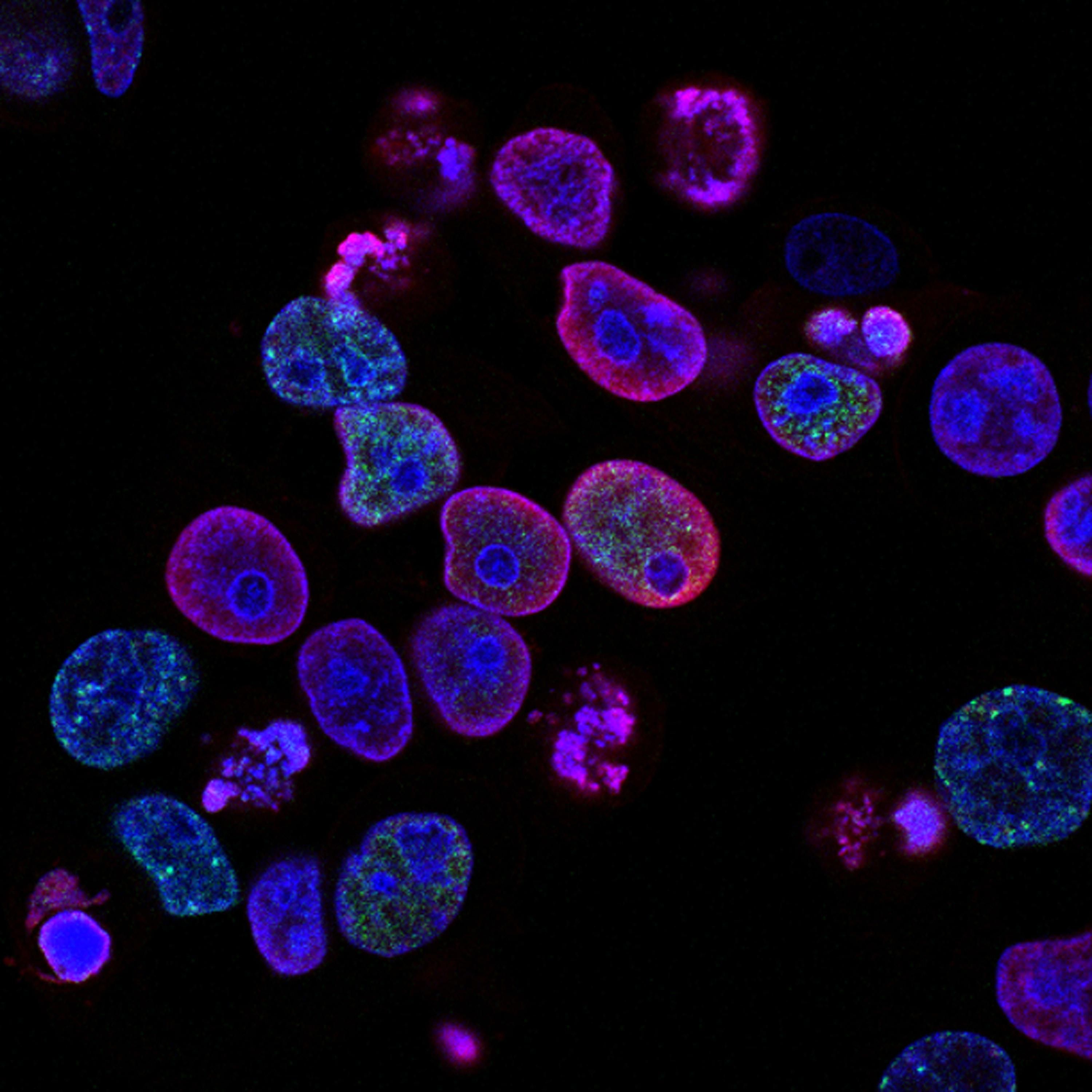Simple as that, Adipotide (product:2mg*10vials/box) (also known as FTPP or proapoptotic peptide) targets the blood supply of fat cells and destroys them. Because adipotide is able to tell fat cells apart from other tissues, it is extremely selective. Adipotide has been shown to induce weight reduction in monkeys, as well as increase insulin sensitivity and counteract some of the negative consequences of type 2 diabetes.
Before and after
There is evidence that Adipotide helps with weight reduction; however, it is currently undergoing clinical trials, and additional research is required. Many of the adverse reactions have been documented in clinical studies and include dehydration. In other words, if you don't treat it, you may get renal failure. Problems like these need a lot more human clinical studies to be solved. As a result of their efforts, researchers are able to discover novel remedies and treatments for a variety of illnesses and diseases. Companies like Peptides USA exist to assist the research community so they may continue to do great things that benefit the global health care system.
Adipotide and weight loss
Adipotide, a peptide-like weight-loss solution, may be just what you're searching for. As an experimental peptidomimetic, it was developed in the United States to assist individuals in fighting obesity. Rats were used as test subjects for this cutting-edge weight loss therapy. There are many individuals who think that this peptide-like compound represents the future of stress-free and easy weight reduction methods.
However, adipotide isn't really a peptide, despite the fact that it's frequently characterized as one.
This peptidomimetic varies from a peptide in that it has tiny chains of matter instead of large ones (this matter is similar to protein). A peptide's performance may be mimicked by using these chains. As a result of this ultra-modern peptidomimetic being administered to rhesus monkeys, their body weight was reduced by 11%.
When administered to lab monkeys, adipotide reduced their body mass index (BMI), waist circumference, and fat deposits.
Why Is Adipotide Effective?
Targeting particular blood arteries, Adipotide supplies body fat (adipocytes) with blood flow.
When your blood vessels shrink, fat cells are forced to feed on these vessels. It all leads to apoptosis, a type of PCD that happens in multicellular organisms. Adipotide interacts with two receptors: Prohibitin and ANXA2. In your blood arteries, they provide your white adipose tissue with nutrients.
Fat cells are destroyed by injecting this formula. There is a reduction in subcutaneous fat volume as fat cells die. This leads to a loss of weight. It is a drug that selectively kills cells in a predetermined manner. Diet deprivation causes them to succumb to their demise.
Fat cell development is inhibited by eliminating the blood supply that feeds the fat cells. The primary method through which Adipotide promotes weight reduction is via targeted induction (Apoptosis), a cell-killing process that occurs when cells are targeted. Each of the two domains of this peptide works independently to fight obesity.
This domain targets a membrane-associated protein called Prohibitin. Adipose endothelial cell matter is targeted by the homing domain. Secondly, the membrane-disrupting domain induces cell death by preventing or reducing mitochondrial membrane function in specific cells, resulting in cell death.
This peptide-like compound works by preventing certain fat cells from receiving the nutrients they need to remain alive through the bloodstream. Despite the fact that only rhesus monkeys have been used as test subjects too far, this experimental recipe offers promise for human beings.
Injecting Adipotide daily into monkeys resulted in fast and lasting weight reduction. They dropped 20% of their stomach fat in twenty-eight days. Some monkeys shed as much as 39% of their body fat, while others just dropped a little percentage. As a result of Adipotide killing fat cells in monkeys, the body subsequently digested them. For twenty-eight days, monkeys were given the medication, followed by a twenty-eight-day rest. A long-term study of rhesus monkey weight reduction is thus not accessible. However, the short-term outcomes are encouraging.
Adipotide has a number of advantages.
Individuals are becoming fat and overweight due to a sedentary lifestyle and modern job modes.
- Effortlessly reduces the weight in a few weeks or months.
Uncertainty over how much belly fat will be lost as a consequence of the procedure.
- Due to the fact that it improves significantly, Adipotide may have beneficial potentiating effects on insulin sensitivity. Because of this, the body will use insulin more effectively, which has been shown to have an impact on blood glucose levels.
- As well as maintaining overall health, adipotide enables the body to make use of the chemical nutrients it is getting to produce energy.
- In order to control the flow of water, it removes surplus water and stores it for later use.
- As a result of this, it regulates blood pressure by processing hormones (blood pressure).
- As a result, the minerals in the body are balanced, allowing the body to operate properly.
- Pre-clinical research has shown that this mixture may help with losing weight. Diabetes sufferers may also take heart since research indicate that it lowers diabetic side effects. Compared to other existing medicines, Adipotide has a novel mechanism (or which is undergoing clinical trials).
- Adipotide doesn't affect neurotransmitter matter since it doesn't induce psychological symptoms to occur. It also lacks an amphetamine-like mechanism of action. Both men and women may benefit from Adipotide without having to worry about gastrointestinal adverse effects.
Adverse reactions to adipotide
When given this peptide-like mixture, rhesus monkeys showed increased energy and overall vigor. Adipotide did not cause any gastrointestinal distress or appetite loss in these patients. While many authorized medicines have harmful side effects, this has none.
On the other hand, this mixture did seem to have an effect on the kidneys. According to research, changing doses of drugs may reverse kidney damage. As a result of the researchers adjusting the doses to enhance renal function, none of the test monkeys experienced long-term kidney impairment.
As far as renal function was concerned, rhesus monkeys were plagued by the development of kidney lesions that may lead to kidney failure if not addressed.
Dehydration may potentially be a side effect of this formula. Besides contributing to kidney failure, dehydration may cause a variety of other health issues. If any of these findings are of interest to you and you would like to further research this peptide, then you can purchase Adipotide FTPP peptide and further study its attributes.




 Photo by
Photo by 
 Photo by
Photo by  Photo by
Photo by 

 Photo by
Photo by  person holding black smartphone on white textile
Photo by
person holding black smartphone on white textile
Photo by  StableDiffusion
StableDiffusion
 Photo by
Photo by  Photo by
Photo by 








